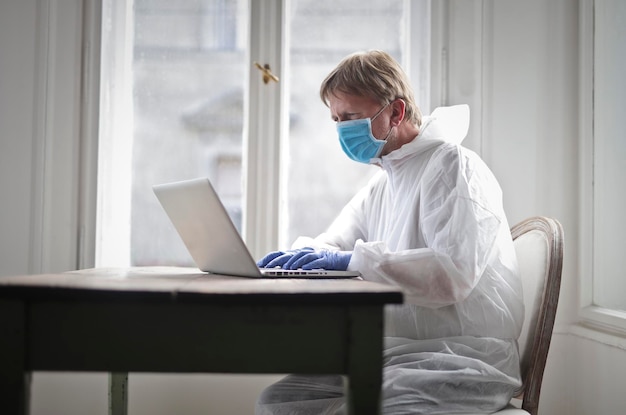
COVID-19 has spread globally, causing a range of severe health issues including liver problems, respiratory failure, septic shock, pneumonia, heart problems, and even death. One serious complication associated with COVID-19 is a cytokine storm. This happens when the body’s immune system starts overreacting to the infection, flooding the bloodstream with inflammatory proteins called cytokines. This response can lead to significant damage to body tissues and organs.
Recognizing the symptoms of COVID-19 is crucial. If you get infected, symptoms can appear between 2 to 14 days after exposure. The timing can vary for each person. Key symptoms to watch for include shortness of breath, persistent chest pain or pressure, a bluish tint to the face or lips, confusion, and difficulty waking up. If any of these symptoms occur, seek medical attention right away. This advice also applies to your family members.
Some COVID-19 patients have also experienced strokes. Being aware of this and other complications can be vital for survival. A sore throat can occur with COVID-19, but not all headaches and sore throats indicate the virus. If you do develop symptoms like a headache or sore throat, there are steps you should take to protect yourself and others.
First, if you suspect you have COVID-19, stay at home. Isolate yourself from other household members by staying in a separate room. This is critical even if your symptoms are mild, such as a runny nose or headache. Going out with these symptoms can spread the virus to others, and your immune system is already compromised, making it easier for the virus to take hold.
To prevent worsening your condition and to stop the spread, avoid contact with others and call a doctor instead of visiting clinics or hospitals. Medical experts can provide guidance and coordinate with emergency medical services (EMS) for treatment and testing if needed.
Staying home is essential to preventing COVID-19 from spreading. Although getting tested might be challenging since most tests are done at drive-through sites or clinics, at-home testing services are available. In cities like Dallas and Austin, services like Drip Hydration offer home testing and can guide you if you test positive.
Remember, this difficult situation won’t last forever. Proper rest and following your doctor’s advice diligently will help. By taking these steps, you can safeguard yourself, your family, and others from COVID-19.